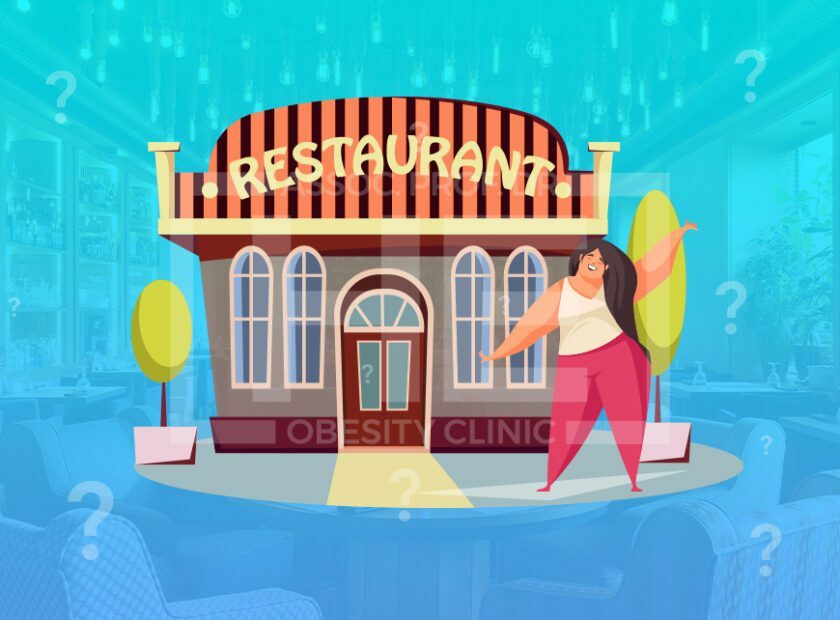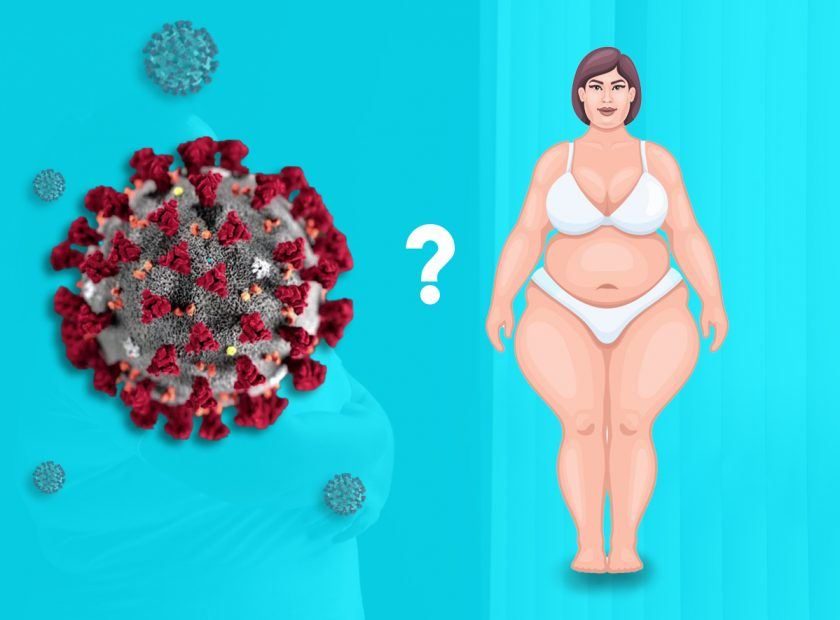How Long After Bariatric Surgery Can I Drive? For the first one to two weeks after surgery, it is best not to drive. Prescription pain medications can slow your reflexes and distort your perception of reality, increasing the chance of falling asleep behind the wheel.
During the initial week of recovery, bariatric patients are on a clear liquid diet. After that, they switch to a pureed diet and finally introduce soft foods.
How Long After Surgery Can I Drive?
Bariatric surgery can be a major life change, requiring you to adjust your lifestyle significantly. It may take some time before you feel confident enough to drive your car again.
After your operation, walking is the ideal way to get around. This helps you remain active and reduces the risk of blood clots in your legs or lungs.
Your nurse or physical therapist may suggest taking daily walks starting with fifteen minutes and gradually increasing in length until reaching 60 or more. Exercising also has the added benefit of helping control nausea or vomiting that may occur during the initial three weeks after surgery.
It is not advised to drive until after taking your prescription pain medication and receiving clearance from your surgeon. This typically takes one week, though it may be longer depending on what type of surgery has been performed.
When Can I Drive After Surgery?
No, unless your surgery requires sedation, we recommend waiting at least 24 hours after anesthesia to drive. This is because general anesthesia may cause drowsiness, confusion and impaired judgment.
Once you start feeling more alert and comfortable, you may wish to consider getting behind the wheel. However, this decision should only be made with your doctor’s guidance.
It’s essential to note that if you take a narcotic pain medication, do not drive until after stopping the drug and feeling no longer in pain. This usually takes 7-14 days after surgery.
At this stage, it’s ideal to enlist the help of someone else with running errands and other daily responsibilities. Doing so will allow you to focus on recovering from illness without becoming overwhelmed with responsibilities.
Can I Drive After Gastric Bypass Surgery?
Gastric bypass surgery alters how your stomach and small intestine process food. Bypass surgery creates a pouch at the top of the stomach that attaches to the lower portion of the small intestine, helping you feel satiated after eating a smaller amount of food and allowing less absorption into the body.
This procedure can be completed via either open or laparoscopic surgery. In both instances, general anesthesia is necessary.
Do not attempt to drive or use machinery until you are fully alert and free from all narcotic pain medications. These drugs may cause drowsiness and could lead to other serious issues; thus, it’s best to wait until after taking these medications that you feel fully in control of yourself and your surroundings.
After approximately 3 days after surgery, you can begin walking around the house and going up/down stairs again; however, it is advised that you refrain from lifting objects over 20 pounds as this could increase the risk of deep vein thrombosis (a blood clot that travels through veins to lodge in your lung).
Can I Drive After Gastric Sleeve Surgery?
After having gastric sleeve surgery, you may not be able to drive for several days. This is because you must attend to the staple lines in your abdomen and it would be too risky for you to drive yourself home.
After surgery, you should minimize any stomach discomfort by following your surgeon’s advice about taking paracetamol (Panadol). Additionally, make sure to rest and drink plenty of fluids to speed up healing and help with discomfort.
A gastric sleeve, also known as a sleeve gastrectomy, removes approximately 80 percent of your stomach to create a tube-shaped pouch the size and shape of a banana. While this procedure can be highly effective at weight loss, it requires time and requires changes to your lifestyle afterward.
After surgery, you’ll need to follow a special diet designed to reduce food consumption in your stomach. This will help you feel satiated faster and reduce hunger hormone production from your gut.



